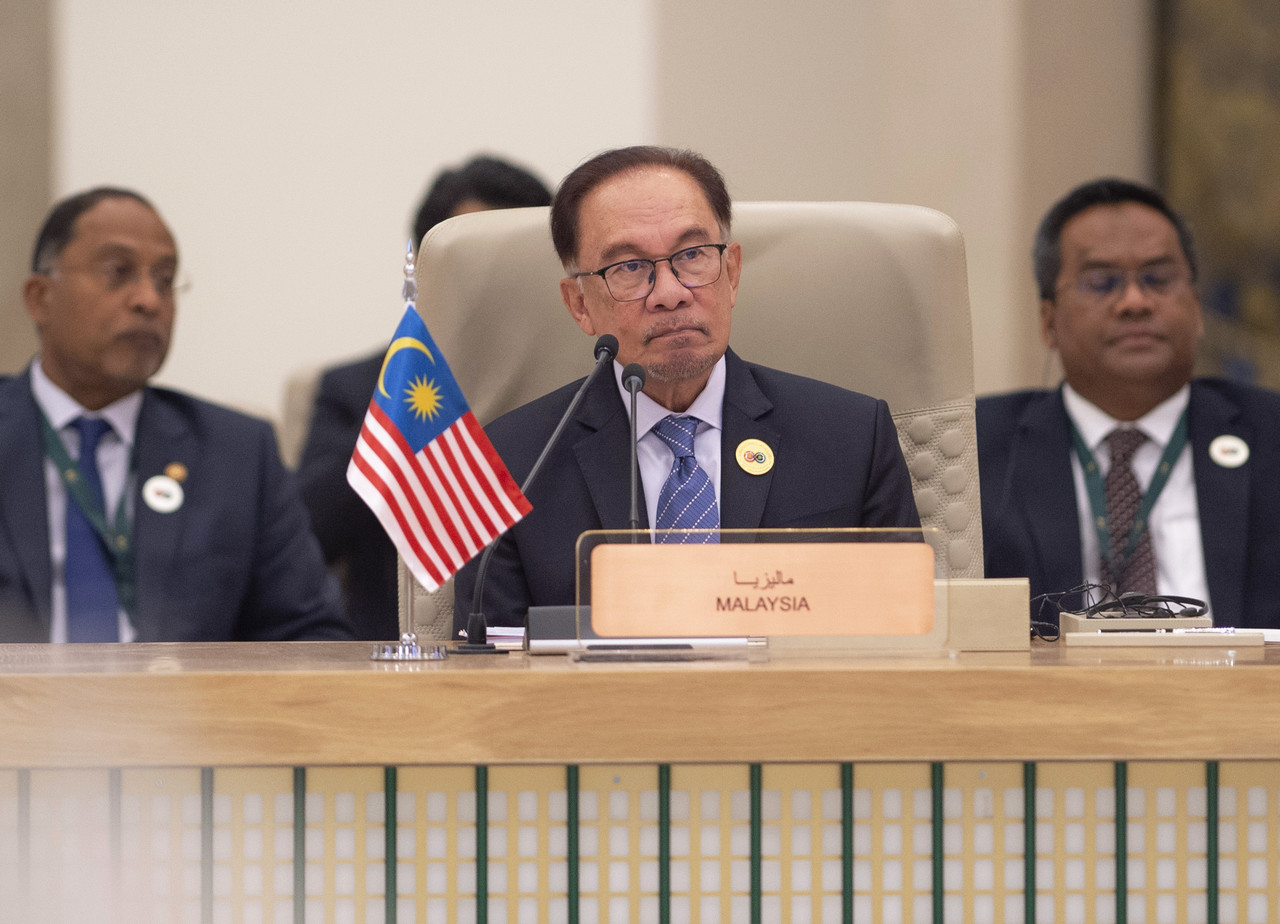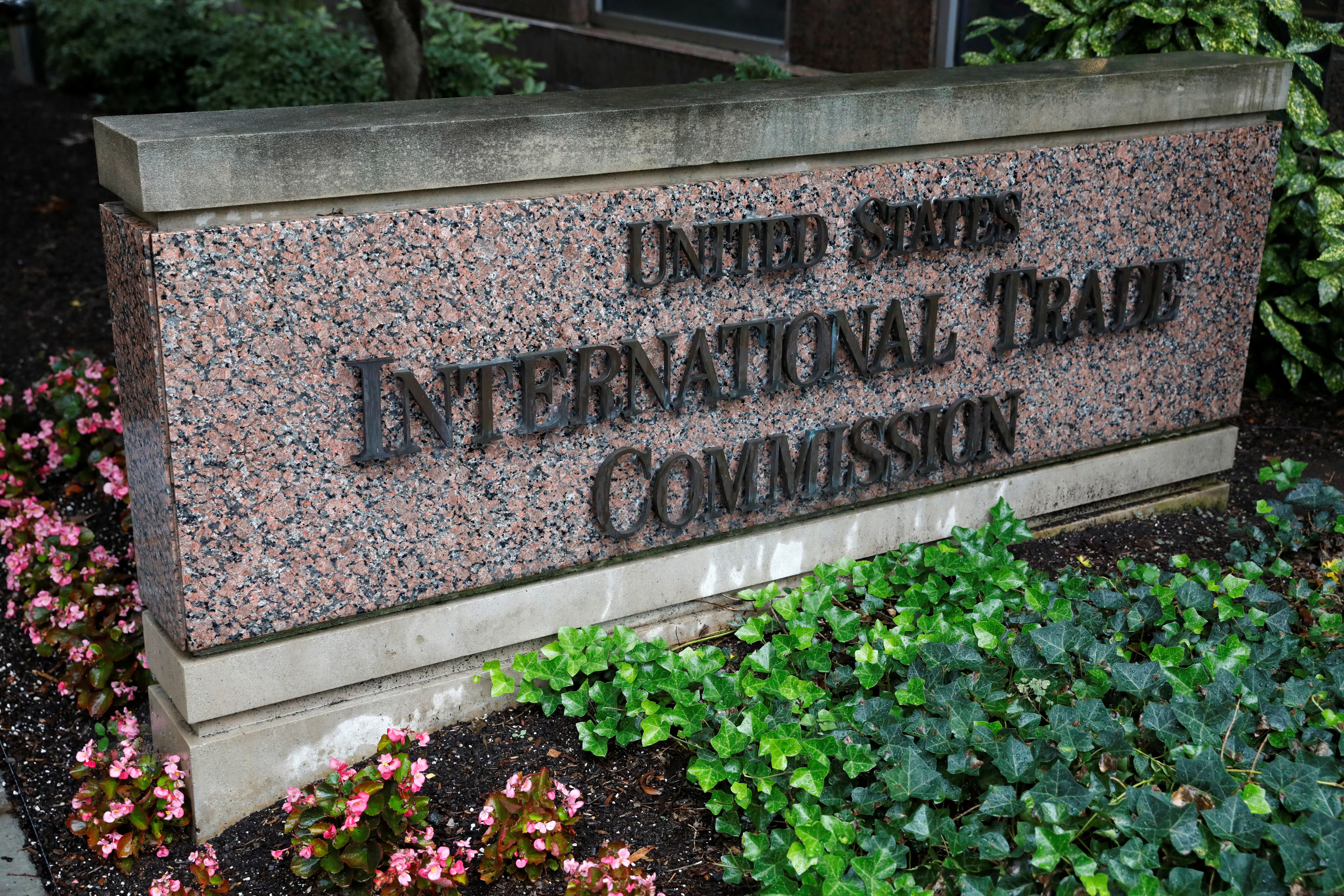As President Trump escalates his trade war with steep tariffs on numerous nations, the stakes have never been higher. The latest threats, which target Asian economies particularly reliant on U.S. imports, could unravel decades of economic interdependence and deepen inequality worldwide.
Global Leaders React to Economic Pressure
Business and political leaders around the globe are grappling with the implications of Trump"s latest tariffs. According to the United States International Trade Commission, this move is a stark departure from the historical trend towards globalization and interdependence that has defined international trade for decades. Anwar Ibrahim, Prime Minister of Malaysia, expressed his bewilderment and concern at a recent summit of Southeast Asian leaders, arguing that countries must "fortify our foundations" in the face of external pressures.
Countries Shift Trade Focus
In response to Trump"s aggressive tariff strategy, nations are seeking new trade partnerships to reduce reliance on the U.S. market. South Korea"s President Lee Jae Myung is dispatching envoys to Australia and Germany to bolster ties, while Brazil and India are working to increase their bilateral trade by 70%, reaching a projected $20 billion. Indonesia is making significant strides toward finalizing a treaty with the European Union that would eliminate most tariffs, a move that could redefine their economic landscape.

Malaysia to host next GCC-Asean summit in 2025
Vietnam"s Strategic Shift
Vietnam has also felt the heat of Trump"s tariff threats, particularly after being singled out as a target for 20% duties on its exports. In response, the country"s deputy trade minister has highlighted efforts to diversify trade agreements, aiming to lessen dependence on U.S. consumers. As reported by the U.S. State Department, this pivot reflects a broader strategy among nations to build resilient economies amidst uncertainty.
The Domestic Impact of Tariffs
Back in the United States, these tariffs are likely to exacerbate wealth inequality. As corporate interests continue to dominate policy discussions, the ordinary worker—particularly in manufacturing sectors—faces job instability. The imposition of tariffs often results in higher prices for consumers, disproportionately affecting low-income families who spend a larger portion of their income on goods and services. The pushback from affected industries, including agriculture and manufacturing, is already palpable, with advocates calling for a more equitable approach to trade policy.

USITC says tires from Korea, Taiwan, Thailand, Vietnam hurt ...
Calls for Progressive Trade Solutions
The ongoing trade tensions underscore the urgent need for progressive trade solutions that prioritize equitable economic growth and social justice. As leaders like Anwar Ibrahim advocate for regional trade cooperation, it becomes increasingly clear that a new economic paradigm must emerge—one that challenges the status quo of exploitation and prioritizes the needs of marginalized communities. According to scholarly analyses, a critical approach to globalization can pave the way for a more just and sustainable economic framework.







![[Video] Gunfire between Iraqi security forces and Sadr militias in Baghdad](/_next/image?url=%2Fapi%2Fimage%2Fthumbnails%2Fthumbnail-1768343508874-4redb-thumbnail.jpg&w=3840&q=75)
